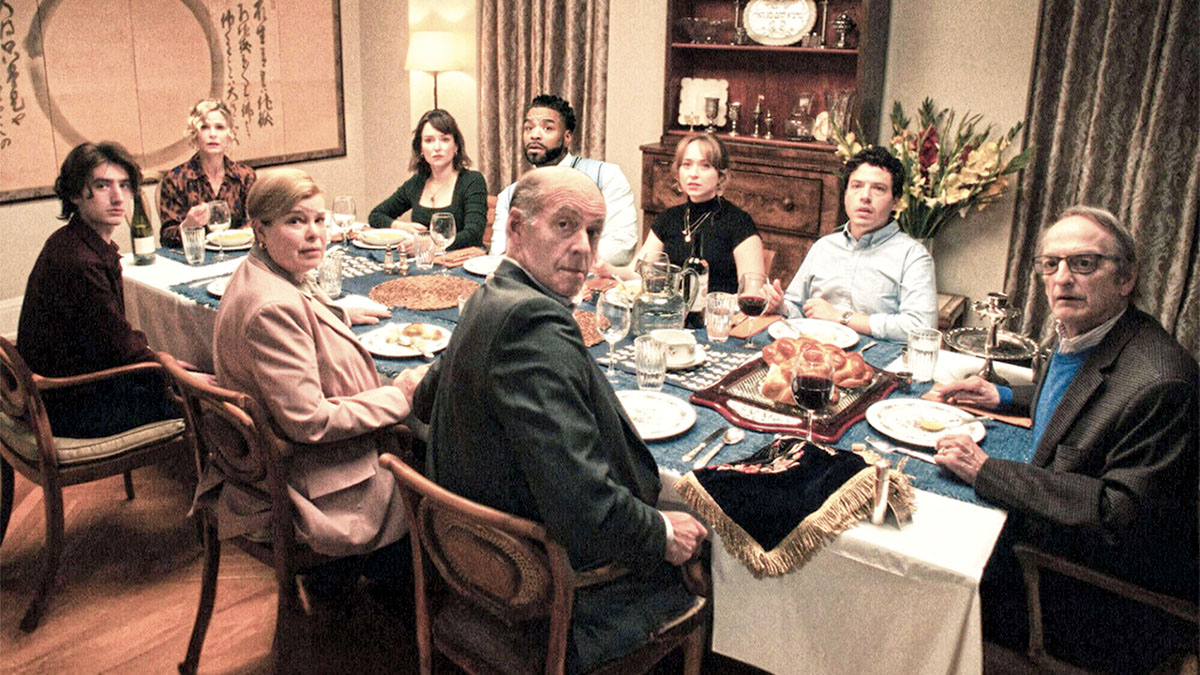
A lawyer friend of mine who occasionally represents accused murderers once told me a secret of the trade: the first question a jury silently asks is, “Did the victim deserve it?” If you can convince them the deceased had it coming, you’re halfway to an acquittal. In the semi-dark comedy “Bad Shabbos,” director Daniel Robbins puts this theory to the test with an entire audience, and the verdict is unanimous: we’re all rooting for the co-conspirators to get away with it, scot-free.
The film, built on a witty and well-paced script by Robbins and co-writer Zack Weiner, invites us to what is well set to be a disastrous Shabbat dinner. At the head of the table, or at least trying to be, are Ellen and Richard (played by the always versatile Kyra Sedgwick and David Paymer). Their son, David (a flustered Jon Bass), is about to marry the lovely Meg (Meghan Leathers). This should be a joyous occasion for a little l’chaim, but … Meg is converting to Judaism, a decision that has managed to unite her future mother-in-law and her own WASP-y parents in shared disapproval.
You sense the classic “meet the parents” tension simmering. It’s the kind of polite, teeth-grinding agony familiar to anyone who has endured a forced family gathering. But “Bad Shabbos” promptly cranks the heat to inferno level by adding a dead body to the mix right before the doorbell rings. Suddenly, the biggest problem isn’t the seating chart; it’s the corpse in the bathroom.
What follows is a chamber orchestra in suppressed panic. Sedgwick and Paymer may not entirely sell you on decades of marital bliss, but their individual performances are comedic gold. Sedgwick’s Ellen vibrates with the frenetic energy of a woman whose meticulously planned evening and future she has in mind for her son, has been torpedoed first by him wanting to marry someone not already traditionally Jewish but then more pressingly by an inconvenient death.
Sedgwick’s every micro-expression is a masterclass in barely suppressed hysteria. Paymer, a veteran of playing put-upon everymen, embodies the exasperated patriarch whose only wish was a quiet evening and some brisket. You can almost hear his soul sighing over 2000 years of Jewish suffering.
The entire ensemble demonstrates good comic timing, but the film truly ignites whenever Cliff “Method Man” Smith is on screen. As an unexpected entrant to this domestic catastrophe, he doesn’t just steal scenes — he commits grand larceny, as he pivots from bewildered outsider to the unlikely, take-charge fixer of the hellish situation. His reactions mirror our own disbelief as he attempts to manage a family spiraling into criminal chaos with the calm authority of a seasoned pro, surprising everyone, including himself.
The film aspires to be a Jewish “My Big Fat Greek Wedding” with a dark twist. It captures that same loving, yet claustrophobic, family dynamic but marinates it in gallows humor. Imagine the Portokalos family, but instead of arguing over Windex, they’re arguing over the best way to dispose of a corpse before the challah gets cold.
In a world that often feels too heavy, there’s something energizing about a film that lets us indulge our darker impulses while reminding us that even the worst of days can be survived, especially if you have a good sense of humor and an angel in the form of a doorman.
Those of us from New York appreciate exactly how indispensable a good doorman can be. “Bad Shabbos” is that rare accomplishment: a movie that leaves you in a significantly better mood than when you arrived, wondering just what you would have done.
Scott A. Shay is the author of “In Good Faith:Questioning Religion and Atheism” (Post Hill Press, 2017) and of “Conspiracy U: A Case Study” (Wicked Son, 2021). His essays have appeared in publications including The Wall Street Journal, Newsweek, Bloomberg, American Banker and The Jewish Journal.













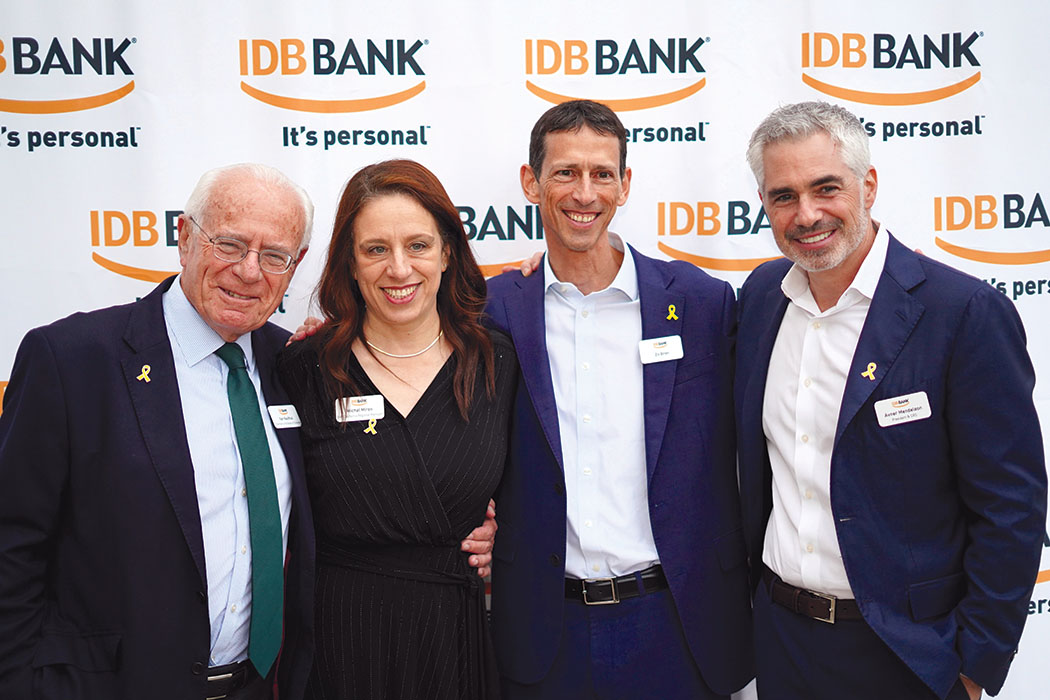






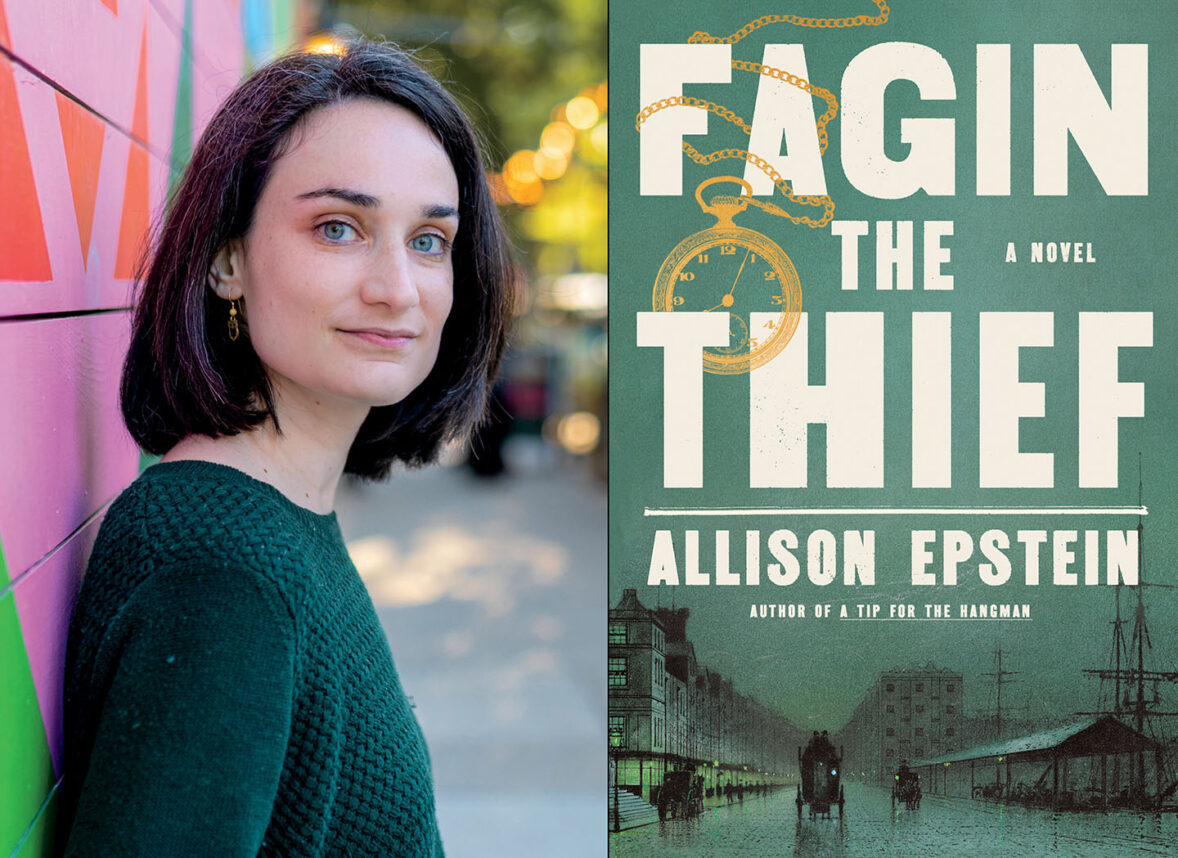
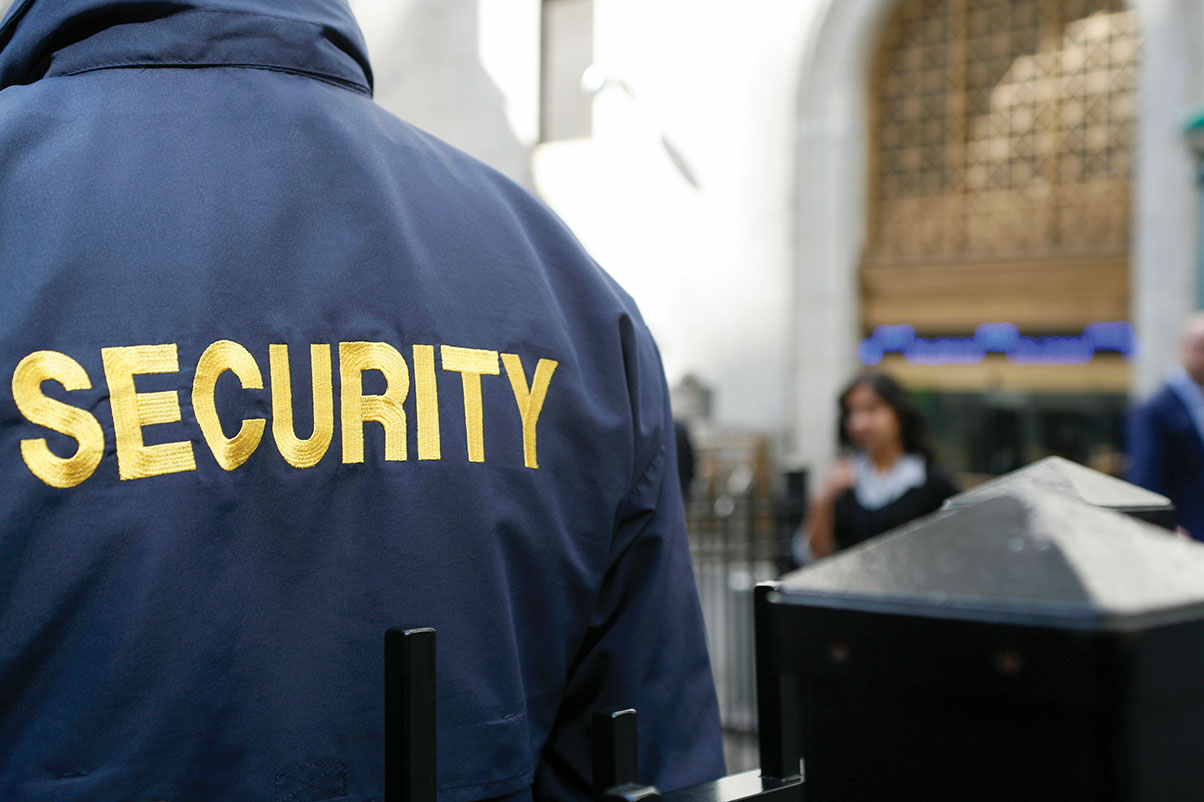




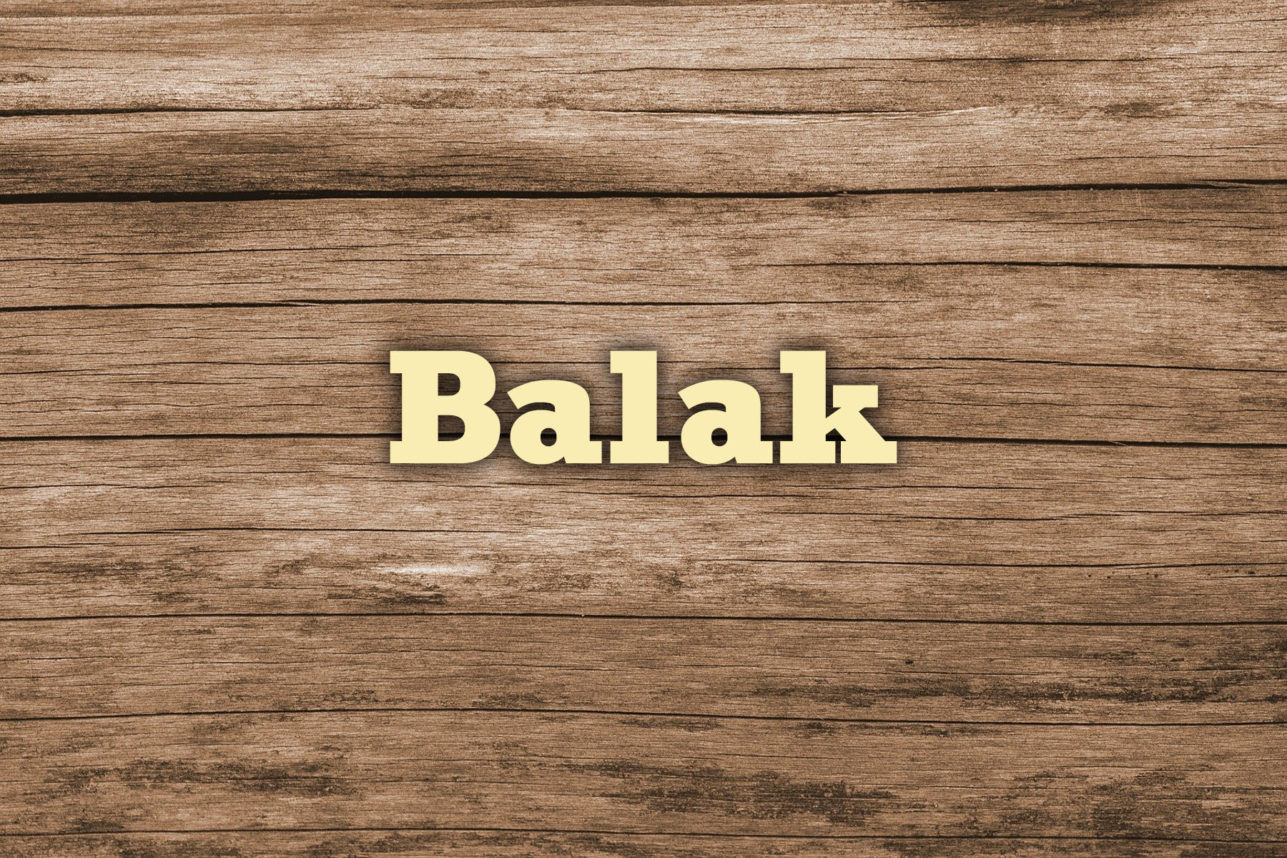




 More news and opinions than at a Shabbat dinner, right in your inbox.
More news and opinions than at a Shabbat dinner, right in your inbox.